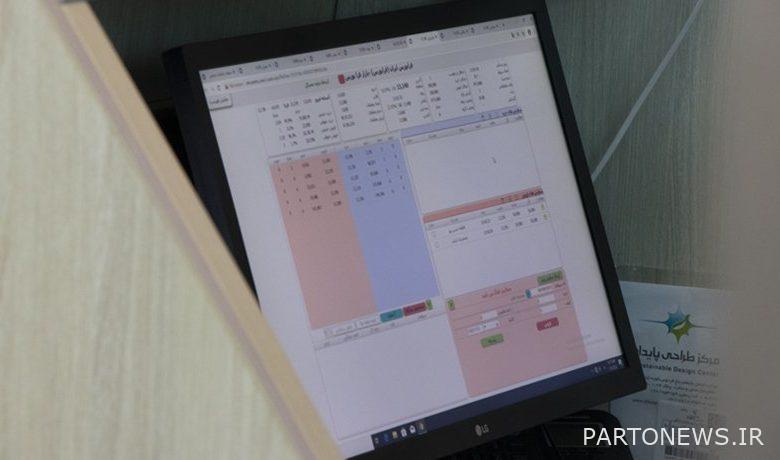Johnny Scholarship Received Again – TradeNews

According to Tejarat News, the stock market reached 1,529,000 units on Monday last week from the range of 1,529,000 units and on Monday, the last working day of the week. The overall stock index rose 2.2 percent this week.
The overall weighted index was also bullish over the past week.
Last week, the Agriculture Group topped the market with 20% growth. After retail group with 18.27 percent, information and communication with 14.10 percent, food except sugar with 13.81 percent, gas and electricity supply with 11.53 percent and oil and non-metallic mineral drilling with nearly 10 Growth percentage.
On the other side of the market, financial markets, publishing and printing, textiles, engineering, other mines and coal recorded negative returns.
How much liquidity went out of the market?
The agricultural industry attracted the most real liquidity with 154 billion tomans. After that, food group except sugar with 91 billion Tomans, petroleum products with 74 billion Tomans, chemical products with 63 billion Tomans and pharmaceutical materials and products with 42 billion Tomans, real money entry were in the next ranks.
Out of the four working days of the week, we were faced with cash inflows on two Saturdays and real money outflows on three days, Sunday, Monday and Tuesday. In total, 107 billion tomans were removed from the market during the week with a daily average of 21 billion tomans. The value of retail transactions reached an average of 6,200 billion tomans per day.
This week, stocks of basic commodities such as food and agriculture experienced an increase in demand, mainly in the buying queue. After the finalization of the $ 4,200 removal mechanism and the payment of direct subsidies, the risks to this group were greatly reduced.
Accordingly, with the removal of 4,200, we should expect an increase in the price of basic goods, which the government pays to compensate for the increase in the cost of direct subsidies. On the other hand, the sales of these producers will increase significantly. This issue can lead to a jump in profitability of companies in these groups if a reasonable profit margin is considered by the pricing entity.
On the other hand, experts believe that the stock market will rise in the long run against inflation.

